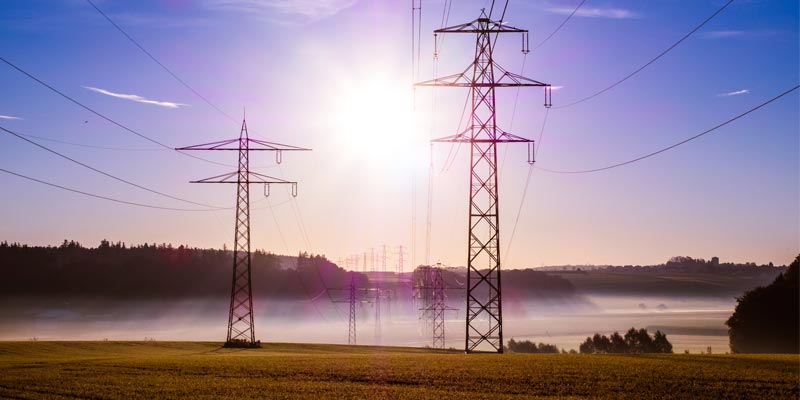In late April 2020, the Union Ministry of Power (MoP) released the much awaited Draft Electricity (Amendment) Bill, 2020, which proposes many critical changes to the existing Electricity Act, 2003.
These amendments were essential since the electricity sector in India has been evolving with increasing non-government investments and structural changes throughout the value chain. Some of the important proposals in the bill include: establishing an Electricity Contract Enforcement Authority (ECEA) addressing contract disputes, disallowing regulatory asset creation, reducing cross-subsidies and separating state subsidies from tariff by introducing DBT, ensuring strict compliance of RPOs (and including hydro in RPO), providing legal backing to LDCs to make despatch conditional to payment security, expediting tariff adoption by regulators, proposing ‘distribution sub-licensees’ (aimed at expediting partial / complete discom privatisation), and formalising procedure for selection of members of Commissions for greater transparency.
The proposed Electricity Contract Enforcement Authority (ECEA), which shall be the sole authority to adjudicate on specific performance of contracts related to purchase or sale of power and transmission between a genco and a licensee, or between licensees. Currently, this function is being carried out by the CERC. However, the CERC has fallen short in its jurisdiction over enforcement of orders, a government release observed.
The ECEA will be chaired by a High Court judge. It will have two or more judicial members and three or more technical members.
Industry experts feel that the introduction of an entity like Electricity Contract Enforcement Authority (ECEA) with the authority to adjudicate upon matters regarding performance of obligations under a contract related to sale, purchase or transmission of electricity, is likely to uphold the sanctity of the power supply contracts.
However, while the establishment of ECEA is a positive move, there should be clear demarcation of responsibilities between existing regulators and ECEA to avoid jurisdiction issues.
Also read: Separating CTU from Power Grid Corporation
Among other proposals, amendments proposed such as direct benefit transfer for subsidy, cost reflective tariff determination and uniformity in appointment of SERCs, are certainly positive for the distribution segment in the long run, the effective implementation of these provisions requires the support of the state governments and the utilities, through proactive efforts on operational improvements, timely filing of tariff petitions, and cost reflective tariff revisions by the regulators.
Also, the central and state governments must devise a mechanism to liquidate the regulator asset position of the discoms and outstanding dues to power generators.

